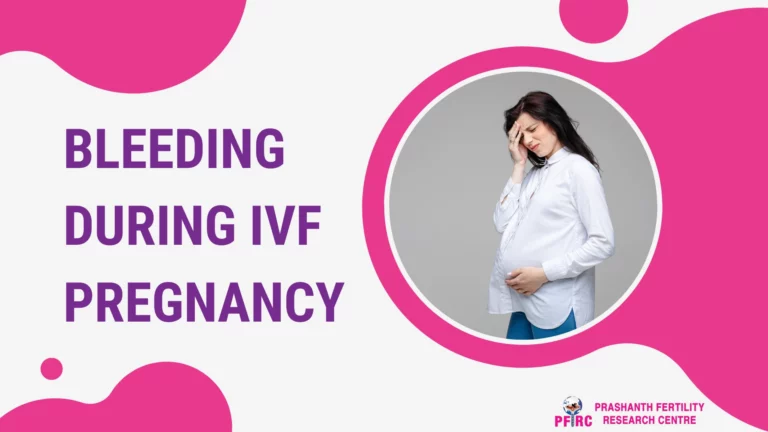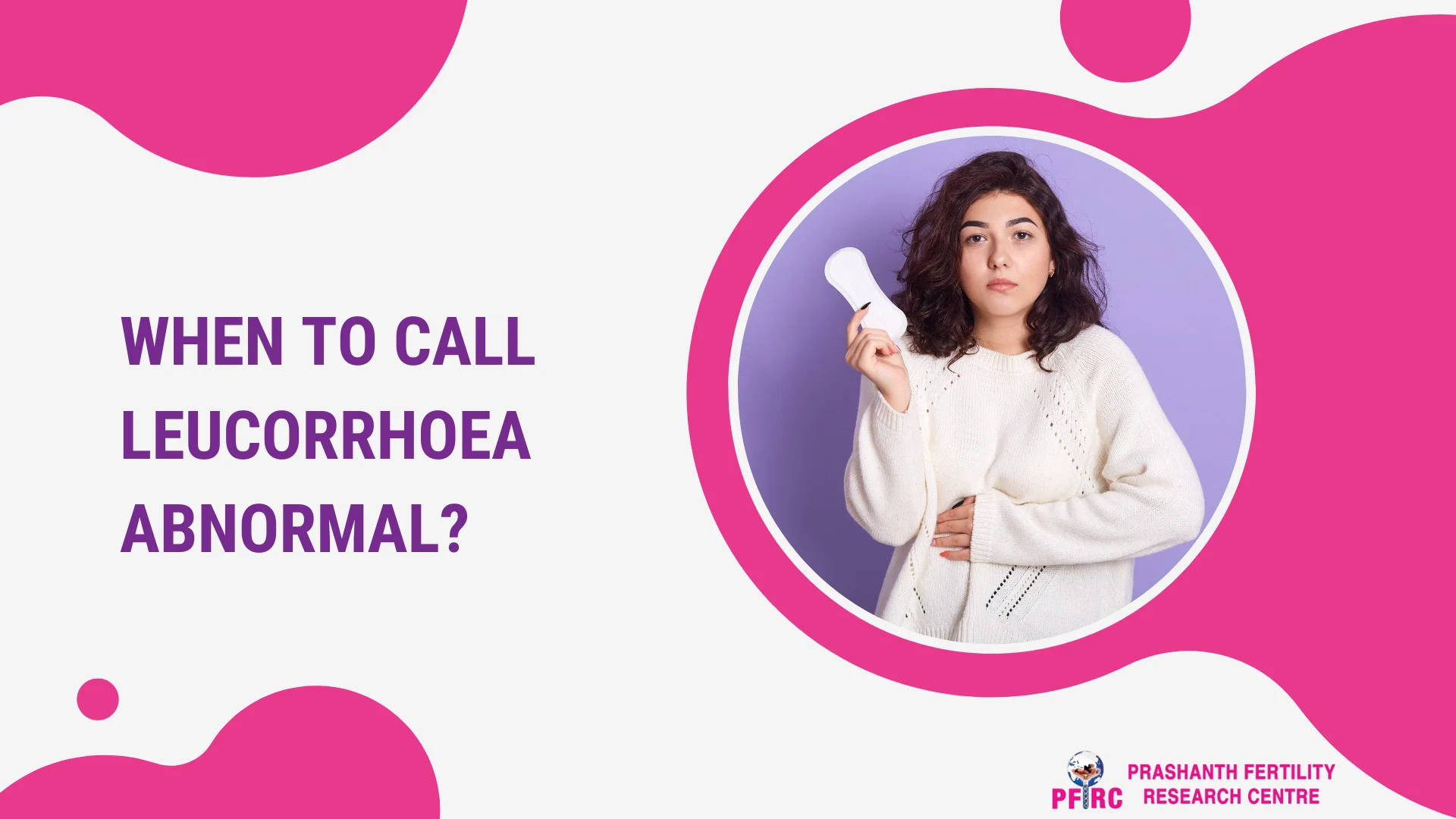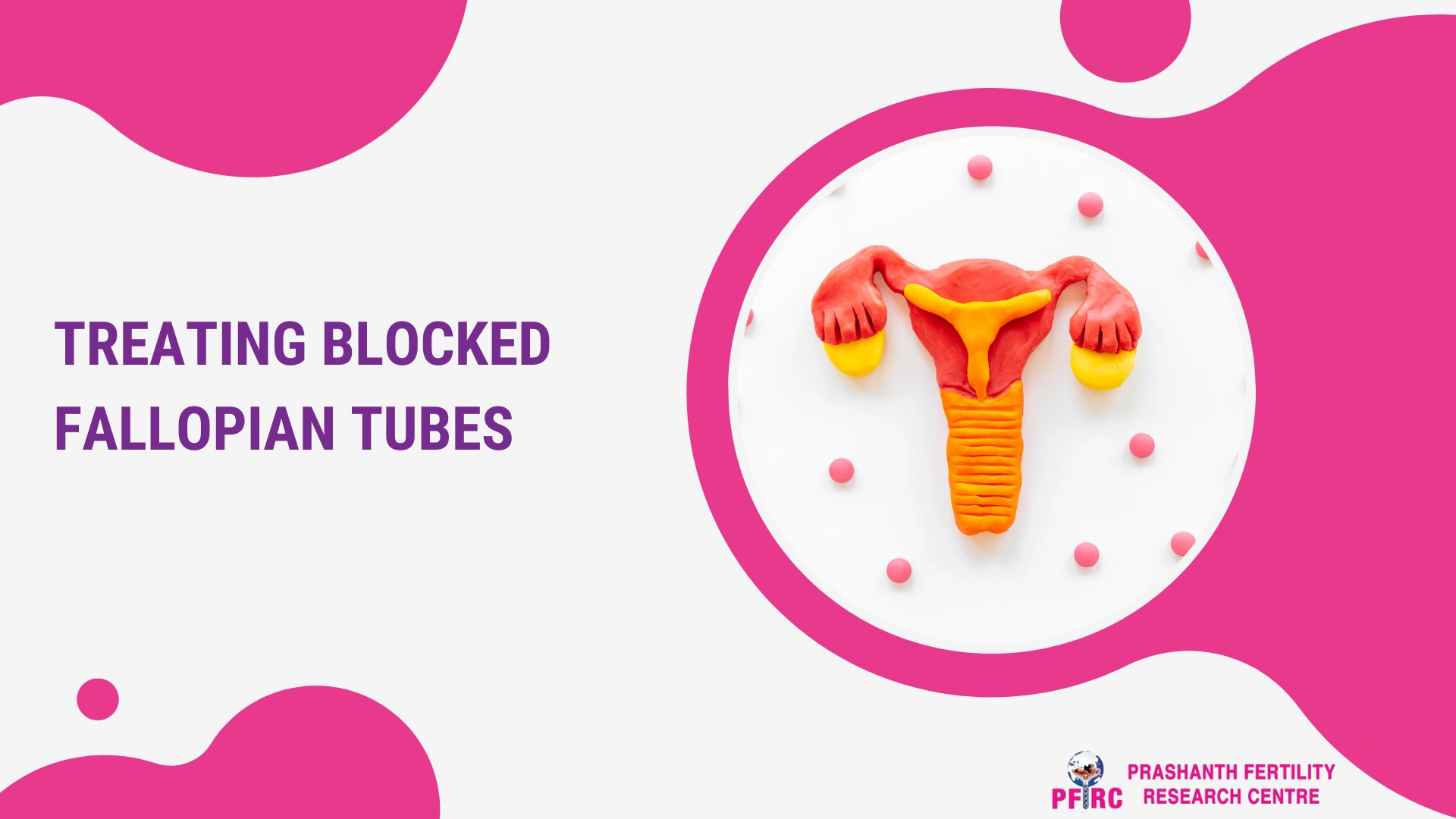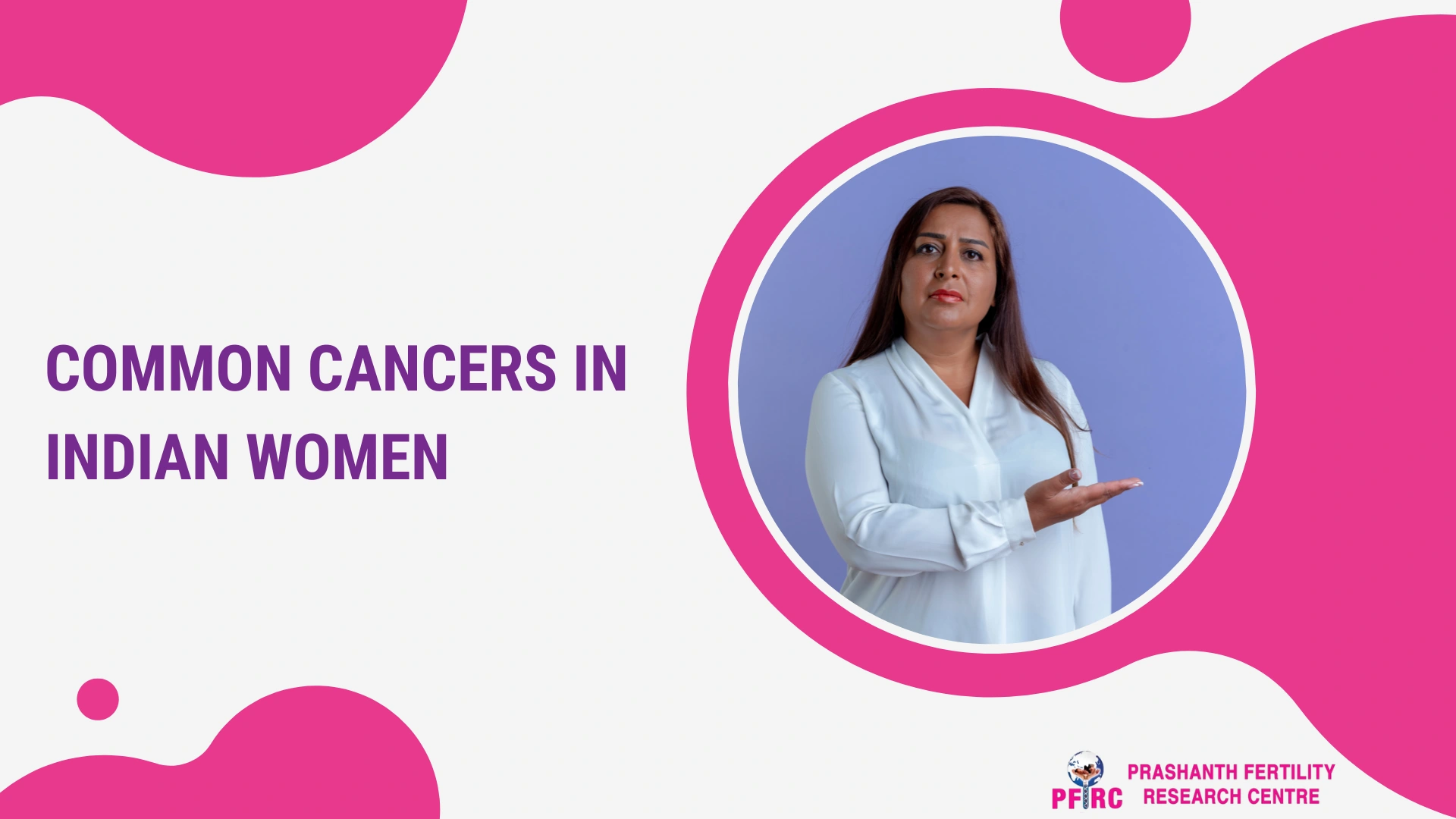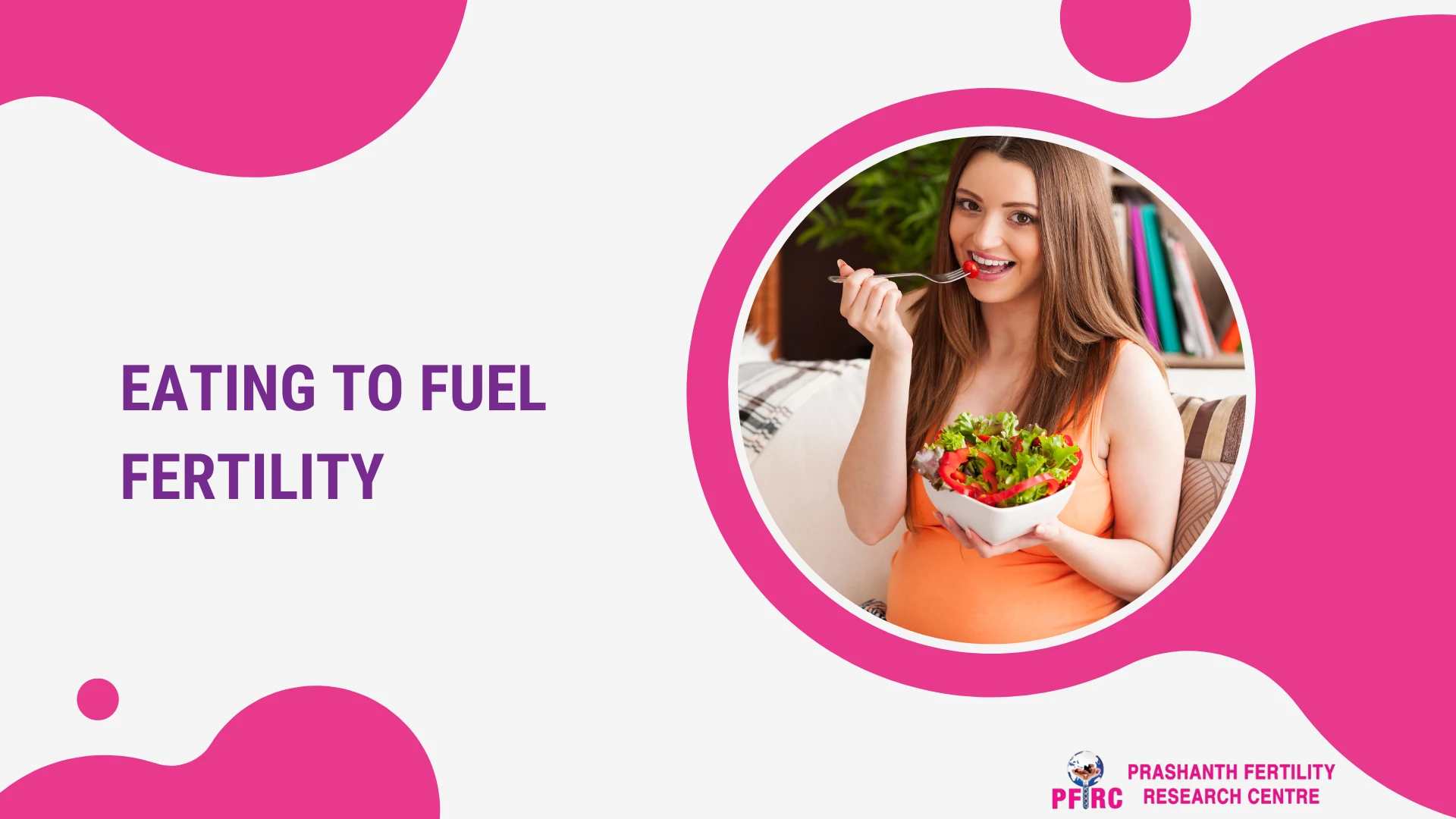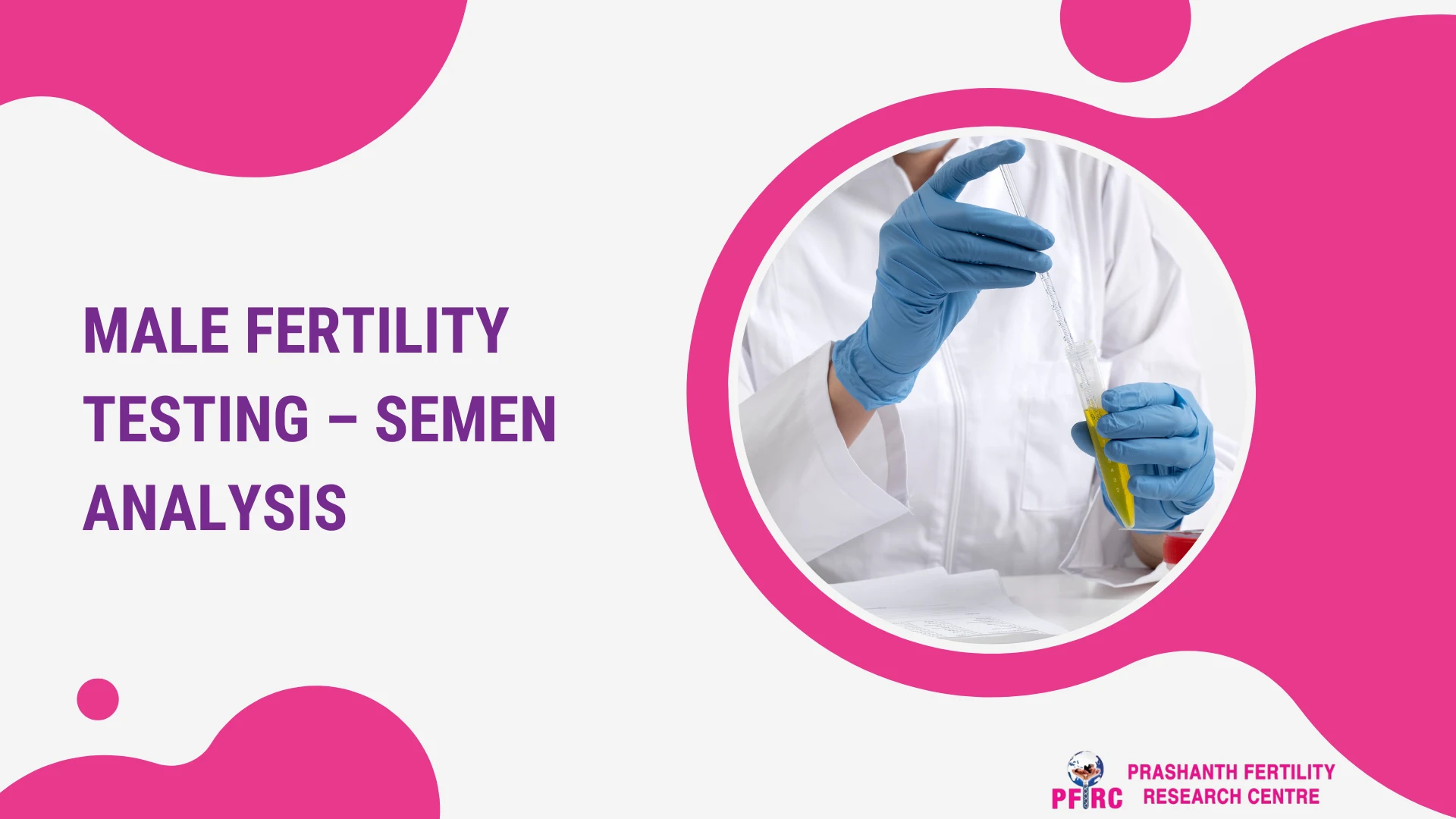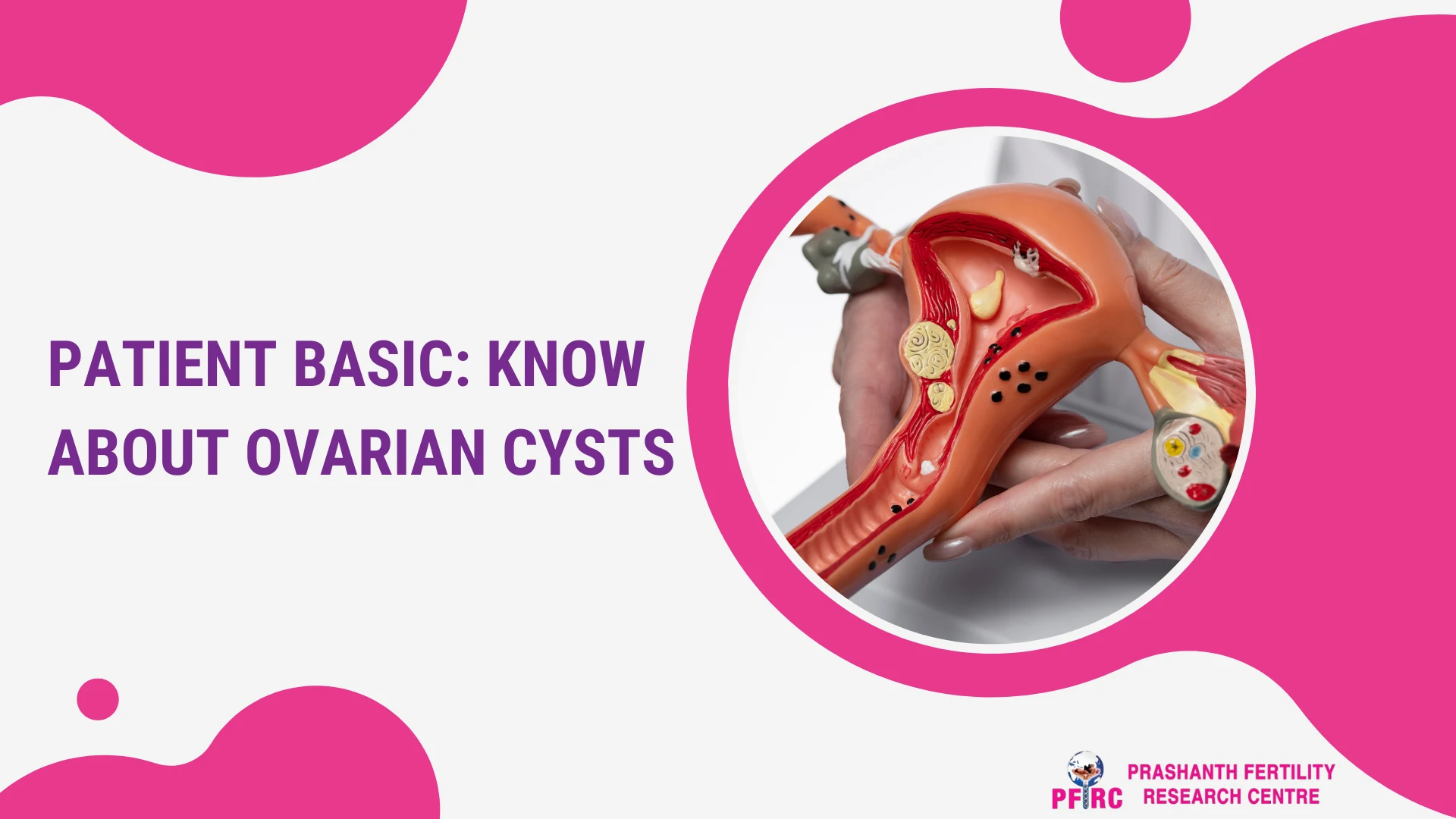Bleeding during an IVF pregnancy can be worrying, but it’s often not serious. Light spotting is common early on and usually isn’t a cause for concern. It’s important for expectant parents to keep in touch with their doctor about any bleeding or other worries. This article will help you understand why bleeding can happen in IVF pregnancies and when you might need to see a doctor. We aim to help you handle this situation calmly and confidently.
Heavy Bleeding After IVF Still Pregnant
Heavy bleeding after IVF can be worrying but it doesn’t always mean you’re losing the baby. Common reasons include implantation bleeding or a small blood clot under the placenta. If you have heavy bleeding, it’s important to see your doctor right away. They can use scans to check on the baby and might do tests to see if everything is okay. Make sure to keep in touch with your doctor to get the right care during this time.
Why Am I Spotting Or bleeding?
Find common bleeding reasons below.
- Blood veins rupture when the embryo connects to the uterine wall, causing implantation hemorrhage, usually before your period. It's usually pink or faded brown, unlike menses.
- Yeast and UTIs can cause vaginal bleeding.
- Bleeding may indicate a recurrent miscarriage .
- Rarely, some pregnancy problems can occur.
- Multiple pregnancies can cause first-trimester hemorrhage.
- Ectopic pregnancy—embryo connected outside the womb, causing heavy or light bleeding.
- Irritation from regular sexual contact.
- Subchorionic hemorrhage or hematoma occurs when blood surrounds the embryo.
- Molar pregnancy is a rare genetic mistake during fertilization that causes aberrant placental tissue growth.
- Other unexplained factors may exist.
Note that minor bleeding, spotting, or cramping is normal, but heavy bleeding like menses or more should be reported to the doctor because it may indicate a problematic pregnancy.
Early Pregnancy Monitoring
Bleeding during an IVF pregnancy at 6 weeks can be concerning but isn’t uncommon. It may be due to implantation bleeding or other causes. It’s crucial to notify your healthcare provider promptly to rule out any serious issues and ensure the well-being of both you and your pregnancy.
Given the patient’s journeys, a positive pregnancy test is thrilling. We will monitor pregnancy until 10 weeks until our patients start consulting their obstetrician.
The patient will receive intra-vaginal progesterone tablets or injections for the first 7 weeks of pregnancy. After that, age, ovarian health, and embryo determine their care.
The initial ultrasound checks for embryo attachment and heartbeat. Another ultrasound monitors embryo growth and development. We will discharge the patient when the second ultrasound shows satisfactory viable fetal growth and cardiac action.
We can recommend patients to any of our top obstetricians if they don’t have one. We can also help with prenatal genetic screening and testing.
How do I evaluate early pregnancy bleeding?
Some tests might help you determine the severity of bleeding in early pregnancy. First, there’s no need to freak out. Pregnancy can be confirmed with a urine or blood test after spotting or light bleeding in the first few weeks of pregnancy.
Ultrasound of the uterus or vagina verifies the pregnancy. The risk of having a miscarriage increases after age 40.
If a healthy heartbeat can be seen in the initial ultrasound, everything is well. After a week, if you don’t feel the baby’s presence baby, a second ultrasound will be performed. Here, the chance of miscarriage is more than 50%.
A blood test can determine your blood type. If your red blood cells do not contain any protein, you are RH-negative. D-immunoglobulin shots will then be required to prevent future pregnancy complications.
What Causes Bleeding in IVF Pregnancy?
Causes of first-trimester bleeding include
- implantation bleeding,
- subchorionic hemorrhage,
- polyps,
- vaginal/cervical irritation.
Implantation bleeding
Embryo implantation into the uterine lining is followed by a short period of bleeding. In order to connect to the mother’s blood supply, the placenta must first implant itself into the uterine lining.
During this time, the placenta expands fast and produces a great deal of blood. Light bleeding may be the result of a ruptured blood vessel in the uterus.
The bleeding that occurs during implantation seems faint and has a pinkish or brownish hue. Normal post-implant bleeding lasts a few days. Mild cramps and breast tenderness are two other pregnancy symptoms that may accompany it.
Subchorionic Hemorrhage
Subchorionic bleeding occurs when the placenta separates from the uterine wall in a very small way. Blood can sometimes be seen collecting between the placenta and the uterus during an ultrasound.
Eventually, the bleeding will stop and some of the blood will leak out of the uterus. Most subchorionic hemorrhages are minor and heal on their own.
Polyps
Cervical and endometrial polyps are often harmless growths. They tend to go unnoticed since they occur so frequently in the reproductive system.
However, hormonal changes during pregnancy might cause them to swell, making them more prone to bruising and bleeding.
Vaginal/Cervical Irritation
Frequent vaginal examinations, tampon use, sexual activity, etc., might irritate the vagina and cervix, causing minor bleeding. Repeated transvaginal ultrasounds have been linked to an increase in bleeding.
How Much Bleeding Is Normal After IVF?
Light spotting (pinkish or brownish) or bleeding is common after an IVF embryo transfer. Seeing a tiny bit of bright red blood is also not out of the ordinary. This bleeding is usually extremely light and stops on its own.
When Should I Be Worried About Bleeding During Pregnancy?
Heavy bleeding is described as soaking through one standard-sized pad in an hour, at which point you should seek medical attention. Other indicators of substantial blood loss that warrant a trip to the emergency room include extreme discomfort in the belly, weakness, nausea, vomiting, difficulty breathing, and chills. Rupture of an ectopic pregnancy can also cause unexplained shoulder pain.
Conclusion
The risk of bleeding following an embryo transfer using in vitro fertilization (IVF) is real. The good news is that the vast majority of these bleeding are really mild and harmless. Consult fertitliy hospital, if you suffer any bleeding ivf during early pregnancy, but know that the majority of cases will stop on their own.
FAQ
IVF pregnancies frequently have uterine bleeding in the first trimester. The good news is that miscarriages and other negative consequences have not been proven to be more common as a result. According to general statistics, one-fourth of pregnancies experience vaginal bleeding during the first trimester.
Ovarian stimulation: During the earliest phases of IVF treatment, fertility medications will be used to stimulate the ovaries. As their hormone levels change, women may have light bleeding or spotting, just as they may in the days leading up to their period.
After 12 weeks of pregnancy, IVF is typically regarded as safe. When the first 12 weeks go smoothly, the chances of a successful pregnancy rise to 70–80%, making it as safe as natural conception. You can have a healthy kid with IVF treatment.

